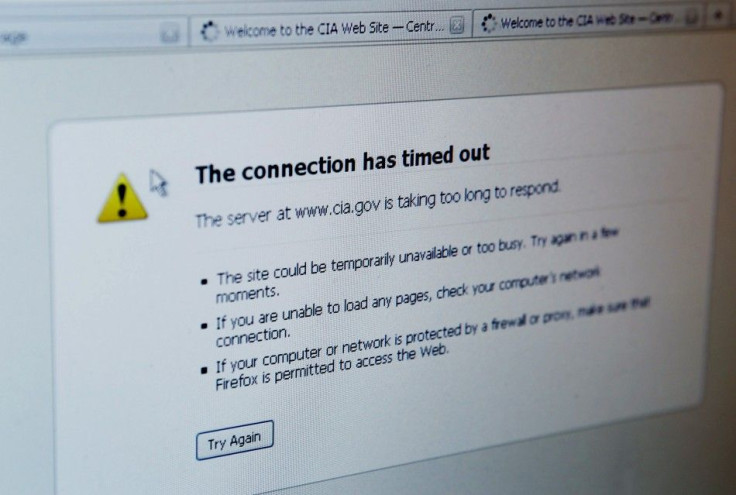Pentagon Seeks Cyber Security Strategy After Massive Hack of 24,000 Files

The Pentagon suffered the most significant breach yet of its cyber security system, underscoring fears that secret defense files and networks are vulnerable to cyber attacks and lending a sense of urgency to the institution's push to bolster its cyber security.
Deputy U.S. Secretary of Defense William Lynn said that hackers stole 24,000 sensitive defense department files in a single March operation. He said that the Pentagon believes the attack came from a nation rather than a lone hacker or a group but declined to elaborate, saying only that officials had a pretty good idea of who was responsible. He added that while previous cyber attacks are believed to have emanated from Russia or China, hostile terrorist groups pose a greater threat because they would be less fearful of repercussions.
If a terrorist group gains disruptive or destructive cybertools, we have to assume they will strike with little hesitation, Lynn said in a speech at the National Defense University.
Numerous government agencies have been the targets of cyber attacks in recent weeks, forcing a recognition that the government is not fully prepared for the nimble adversaries it will face in a world of cyber warfare. According to military's cyber command, about 250,000 potential attackers scope out the Pentagon's defenses each hour. At his Senate confirmation hearing last month, new Defense Secretary Leon Panetta cited a strong likelihood that the next Pearl Harbor would be a debilitating cyber attack aimed at government networks or energy grids, and he has vowed to make cyber security a priority.
The cyber threats we face are urgent, sometimes uncertain and potentially devastating as adversaries constantly search for vulnerabilities, Lynn said in a statement. Our infrastructure, logistics network and business systems are heavily computerized. With 15,000 networks and more than seven million computing devices, DoD continues to be a target in cyberspace for malicious activity.
The main focus of a new cyber security strategy will be safeguarding the numerous contractors the federal government employs, with a recognition that the laws of warfare apply online. Marine Gen. James Cartwright, vice chairman of the Joint Chiefs of Staff, said that the government needed to rethink its strategy so that it can actively anticipate attacks, rather than playing catch up.
If it's OK to attack me and I'm not going to do anything other than improve my defenses every time you attack me, it's difficult to deter future attacks, Cartwright said.
© Copyright IBTimes 2024. All rights reserved.





















